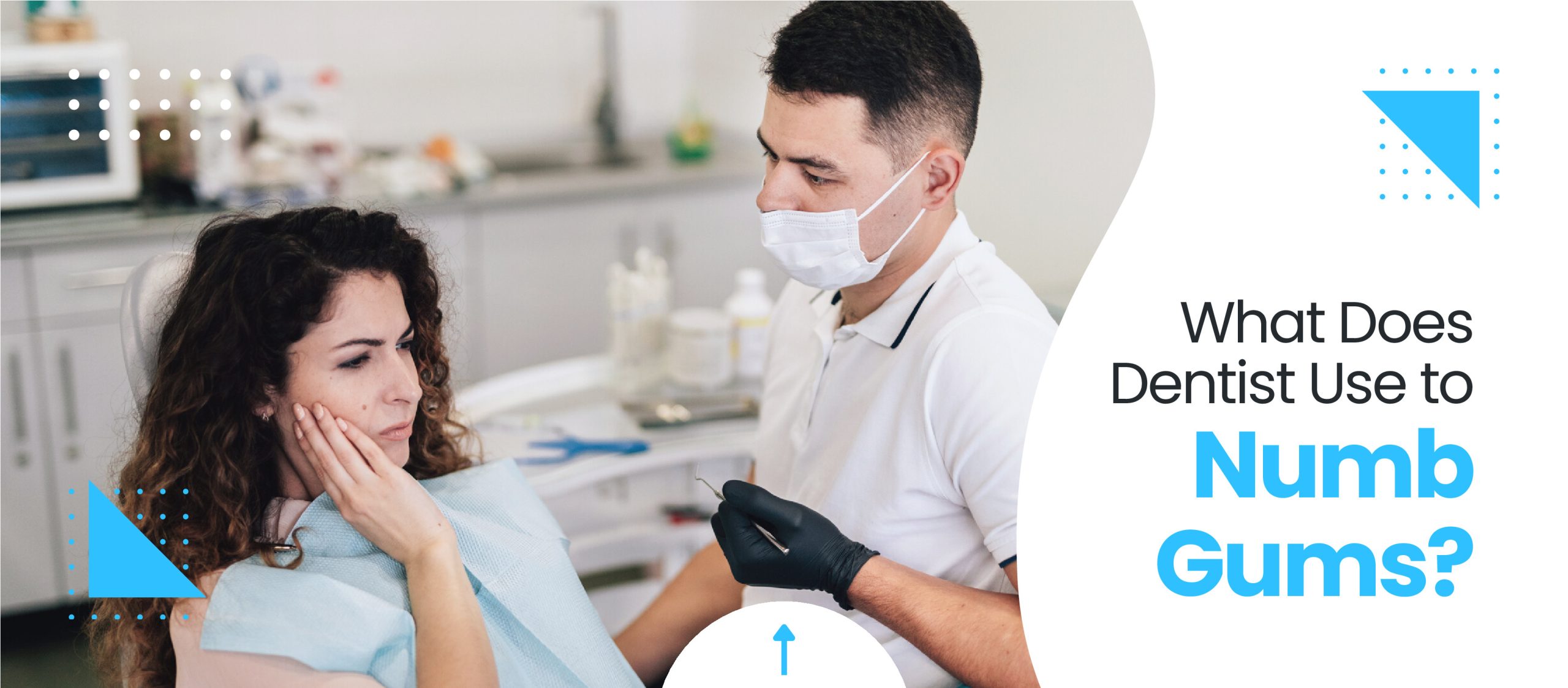Who Treats Mucocele

Mucoceles are benign, mucus-containing lesions that can occur in various parts of the body, most commonly in the oral cavity, but also in the intestines, appendix, and other areas. The treatment of mucoceles depends on their location, size, and symptoms, as well as the patient’s overall health. Various healthcare professionals may be involved in treating mucoceles, depending on the specific case.
Oral Mucoceles
For oral mucoceles, which are the most common type, treatment typically involves:
Dentists or Oral Surgeons: These professionals are usually the first point of contact for oral mucoceles. They can diagnose the condition through clinical examination and sometimes imaging studies. Treatment may involve marsupialization (a procedure where the mucocele is punctured and the edges are sutured to the surrounding tissue to create a new pathway for the mucus to drain) or complete surgical removal of the mucocele, including the associated salivary gland tissue to prevent recurrence.
Maxillofacial Surgeons: For more complex cases or when the mucocele is large and causing significant symptoms, maxillofacial surgeons may be consulted. They specialize in surgical procedures of the face, mouth, and jaw.
ENT (Ear, Nose, and Throat) Specialists: Although less common, if the mucocele is affecting the nasal or sinus area, an ENT specialist might be involved in the treatment.
Intestinal Mucoceles
For intestinal mucoceles, which are less common and can be associated with more serious conditions such as mucocele of the appendix (also known as a mucocele of the appendix or appendiceal mucocele), treatment involves:
General Surgeons: These surgeons are typically involved in the treatment of intestinal mucoceles. They may perform surgical removal of the affected part of the intestine or the appendix.
Colorectal Surgeons: For mucoceles located in the colon or rectum, colorectal surgeons, who specialize in the surgical treatment of disorders of the colon, rectum, and anus, may be involved.
Gastroenterologists: While not directly involved in the surgical treatment, gastroenterologists might be part of the diagnostic team, especially if the mucocele is suspected to be related to an underlying gastrointestinal condition.
Other Locations
For mucoceles in other, less common locations, the treating professionals would depend on the specific site. For example, a dermatologist might be involved if the mucocele is located in the skin, or an orthopedic surgeon if it’s related to a bone or joint condition.
Key Points
- Multidisciplinary Approach: Depending on the mucocele’s location and complexity, treatment may involve a multidisciplinary team of healthcare professionals.
- Surgical Intervention: Most mucoceles require some form of surgical intervention for definitive treatment, whether it’s marsupialization, complete removal, or other procedures.
- Diagnostic Accuracy: Accurate diagnosis is crucial for appropriate treatment planning. This may involve clinical examination, imaging studies, and sometimes biopsy.
In summary, the treatment of mucoceles involves a range of healthcare professionals, with the specific specialty depending on the location and nature of the mucocele. Early and accurate diagnosis is critical for effective treatment and to prevent potential complications.


